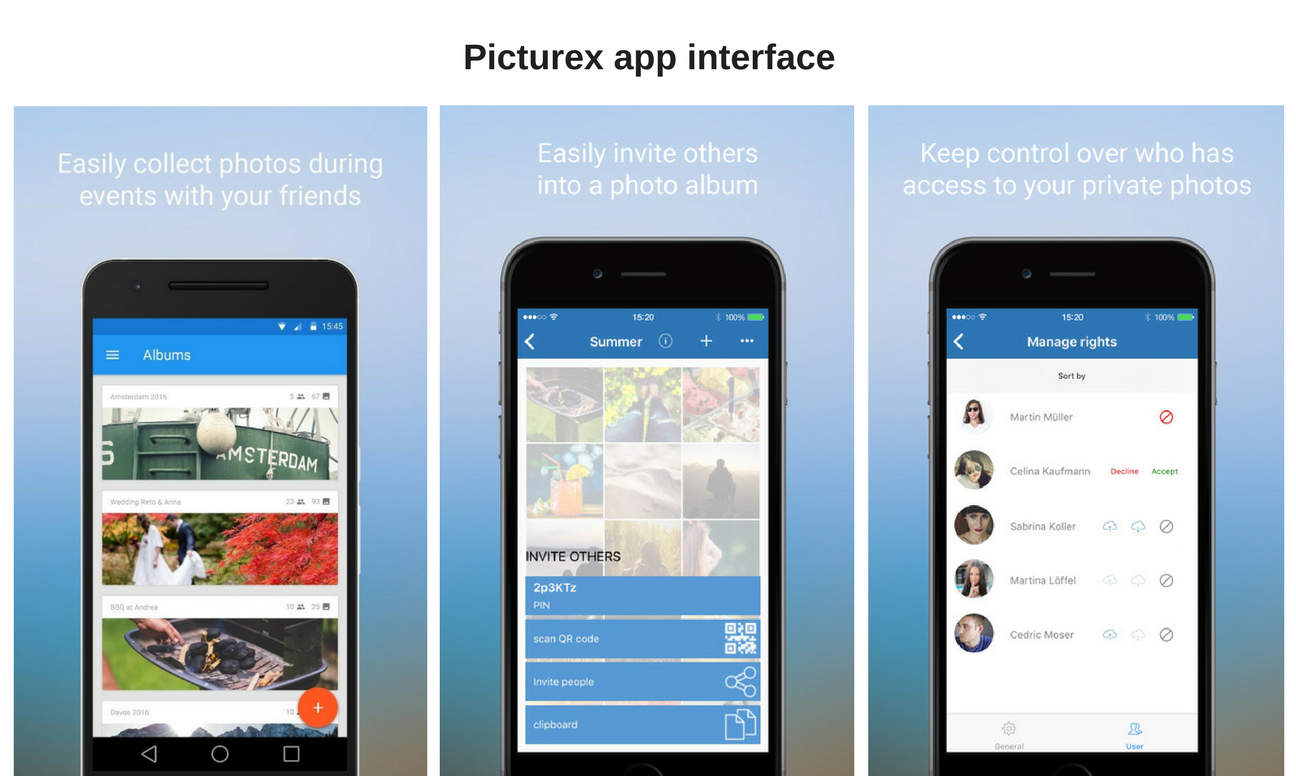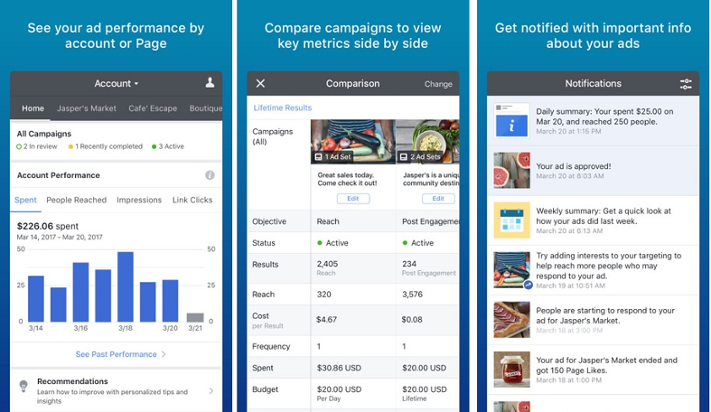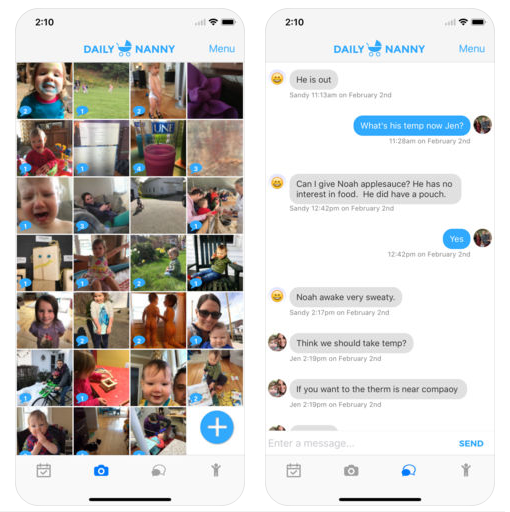Cross Platform Mobile App Development: Key Benefits, Popular Tools, and Perfect Examples
When your business needs a mobile app, the very first question comes to your mind is, “Should I aim for a native mobile app or go with a cross-platform mobile app?” Although your decision of platform selection depends largely on which platform your target audience loves to hang out on, opting for cross-platform mobile app development increases the likelihood of your app becoming successful and popular in relatively less time than is needed for a native mobile app. Unlike native mobile apps, which run only on a single operating system, cross-platform apps are platform-independent, have a single code base and work on multiple operating systems. There are two main types of cross-platform mobile apps:
- ‘Native’ Cross-Platform Mobile Apps: With the help of a third-party vendor, these apps are created using the API provided by the native operating system SDK (Software Development Kit), in other programming languages not supported by the operating system vendor. The final app still uses native APIs and has a single cross-platform codebase, which leads to a much more native feel than a hybrid app.
- Hybrid ‘HTML5’ Cross-Platform Mobile Apps: These apps are essentially written as a web application using modern web technologies like HTML5, CSS3, and JavaScript. The final app is embedded inside a thin native container, which allows it to run on any device irrespective of various browser-related restrictions. However, these apps often fail to achieve a native look and feel similar to native cross-platform apps.
In addition to being highly versatile and easy to develop, cross-platform mobile apps reward both clients and developers with several other valuable and tangible benefits. Outlined below are just a few advantages of cross-platform mobile app development.
Advantages of Cross-Platform Mobile App Development
One App Instead of Many:
If you go the cross-platform way, your developers won’t have to write fresh code for every platform. Instead, they can use the same code across multiple platforms. Using a single code base across all platforms not only cuts down on repetitive tasks but also makes the task of maintenance and deployment much easier for developers. That’s the beauty of a cross-platform mobile app development!
Uniform Look and Feel:
A smooth and enjoyable user experience (UX) is what an app needs to be successful and consistency across all devices is one of the crucial elements of a well-designed UX. Employing the same user interface design across all platforms, cross-platform development delivers users a uniform app experience regardless of which device they’re using to access the app.
Easy Integration with the Cloud:
Another great advantage cross-platform apps have over native apps is that they can quickly and easily be integrated with cloud environments and enterprise-grade plug-ins. In other words, cross-platform apps are universally compatible and can take full advantage of various plug-ins and extensions for enhanced app aesthetics, scalability and functionality.
Quicker Turnaround:
Since cross-platform development provides developers the ability to reuse the code within the app over and over again, it significantly cuts the time needed to release the app to the public. Also, rather than building multiple apps, there is only one app needs to be developed. This saves developers a lot of time, allowing them to deliver the project in the shortest time possible.
No Technical Barriers:
Cross-platform development is equally advantageous for developers as they don’t need to learn new, platform-specific languages such as Objective-C, Swift or Java. Any developer proficient in HTML5, CSS3, and JavaScript can get started with cross-platform app development in just a few minutes. Also, these languages have a shorter learning curve than starting with a completely new platform specific language.
Wider Market Reach and Easier Marketing:
As a general rule, the more platforms you build an app for, the more audience you’ll be able to reach. Making the app available on multiple platforms like iOS, Android, Windows, and BlackBerry also reduce your marketing efforts to a great extent because most of the people are already familiar with your app. What’s more beneficial is that you never have to create niche messages to cater to a specific set of people.
Reduced Development and Maintenance Costs:
Clients who want a cross-platform mobile application developed for their business need only a single team of professionals trained in a specific set of technologies, which reduces the overall development cost of the project. Since there is only one app to manage and update, maintenance costs are also lower as compared to managing and updating multiple apps for multiple platforms.
5 Most Popular Cross-Platform Mobile App Development Tools
There was a time when developing a cross-platform mobile app was considered a very difficult task full of challenges and risks. However, with the evolution of cross-platform mobile app development tools, the perception has totally changed now. Developers today are taking full advantage of these tools to give their app development workflow a boost. Let’s get familiar with some of the most popular cross-platform mobile app development tools and platforms that can significantly cut your development time and efforts.
1 – Xamarin:
The most popular and widely used tool to build native cross-platform mobile apps using the power of C# programming language and.NET framework. Proudly owned by Microsoft!
2 – React Native:
An open source app development framework from Facebook to develop cross-platform native mobile apps using JavaScript and React.js. A perfect candidate for Agile Development!
3 – NativeScript:
Another powerful open source framework to build cross-platform mobile apps with a native look and feel using JavaScript, TypeScript or Angular. Also supports the Vue.js framework!
4 – Appcelerator Titanium:
A popular open-source framework that lets developers create native mobile apps for multiple platforms using a single JavaScript code base. An excellent choice for developers having expertise in JS!
5 – PhoneGap:
Formerly known as Apache Cordova, PhoneGap is a popular framework used to develop cross-platform hybrid mobile apps using the power of HTML5, CSS3, and JavaScript.
Some Perfect Examples of Cross-Platform Mobile Apps
To help you better understand how cross-platform mobile apps look, feel and function, we’re presenting here a list of some best and popular apps built using the above-listed platforms and tools. Let’s check them out!
Picturex: A private event-photo sharing app built with Xamarin!

Facebook Ads Manager: Official Facebook advertising app built using React Native!

Daily Nanny: Developed using NativeScript, Daily Nanny helps you keep track of your nanny’s activities as well as your kid’s behavior.

Homes.com: Official Homes.com apps are built using the Appcelerator Titanium framework.

Sworkit: A popular workout app created using the PhoneGap framework.

